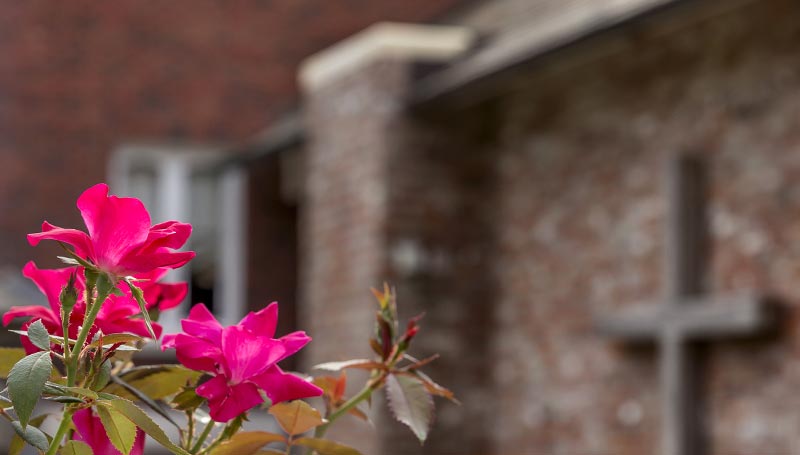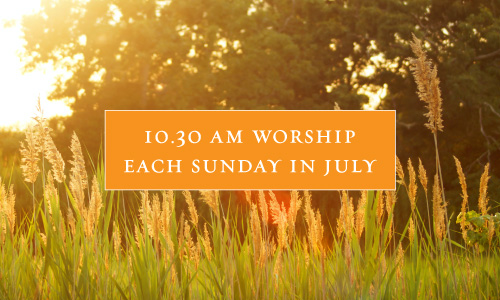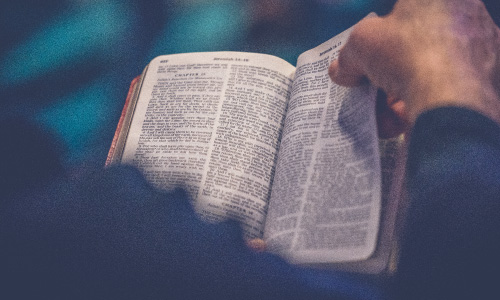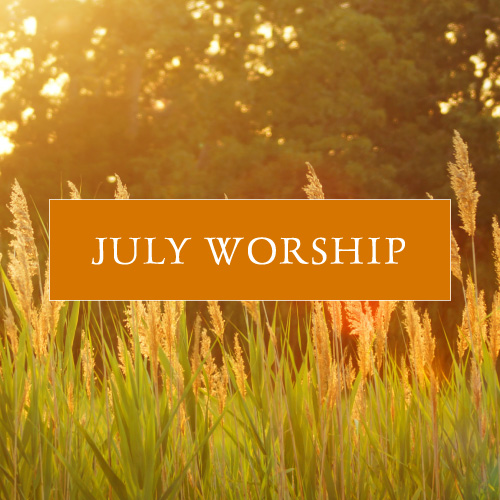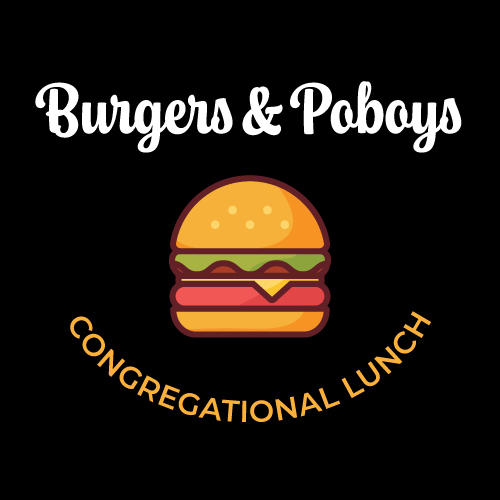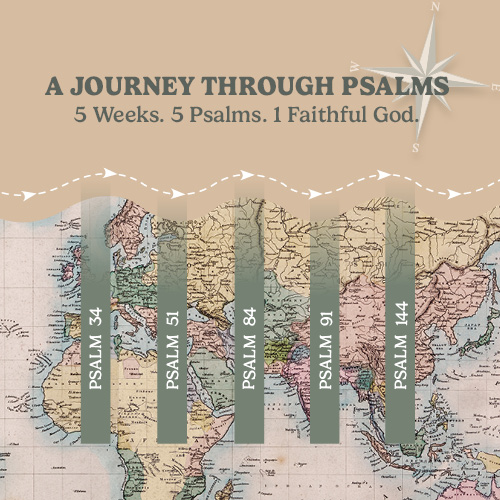Detained In Russia
Posted on: November 29, 2016
by: David Kozan
by: David Kozan
In September, Whitney Alexander, my daughter Katherine, and I traveled to Kaluga, Russia to celebrate the 25th anniversary of the Word of Life Church. For over a dozen years, First Presbyterian has had a relationship with Word of Life church. We’ve shared fellowship, sent groups to visit the Kaluga church, and had their senior pastor, Albert Ratkin, speak at First Presbyterian conferences. So it was fitting that they would invite a group from First Presbyterian to celebrate with them.
In the last two and a half decades, the church has faced low-level harassment and legal assaults on their property rights, just because they are openly Protestant Christians. In the last year, however, changes at the national level have made their situation, and the situation of Protestant Christians throughout Russia, more tenuous.
On July 11 this year, while the team was working on visas, Vladimir Putin signed into law a bill prohibiting any evangelism except in a church building—be it online, at home or on the street. This was a dramatic roll-back of religious freedom in Russia. Many Russian Christians were concerned. Arch-bishop Sergei Ryakhovsky, head of the Russian Evangelical Union, (of which the Kalgua church is a part) wrote in an open letter to Putin that the law “creates the basis for mass persecution of believers.”
We went ahead with our plans, and on arriving in Russia for the celebration found the 300-member Kaluga church full of joy and surrounded by well-wishers from other nearby churches. I was struck by how much love the other churches poured out on the Kaluga church: one church sent people to help serve tea at breaks, another sent a team to cook for the whole Kaluga congregation on Sunday, a number sent members bearing gifts, and several sent leaders to bring greetings.
The new laws didn’t dampen the joy of the event. Part of the celebration was a commemoration of the life and martyrdom by Stalin of the founder of Russian Protestantism in Kaluga. Even this potentially somber story filled the church with a spirit of courage.
On Friday night Whitney spoke, bringing greetings and encouraging the church. Saturday night he spoke again along with arch-bishop Sergei Ryakhovsky who came from Moscow for the event. After dinner at the church the arch-bishop left for Moscow and a few minutes later we, along with Pastor Ratkin and his family, walked out of the gates of the church-yard headed for the pastor’s van.
Suddenly a uniformed police officer and five plain clothes officers (who turned out to be FSB, the current day equivalent of the KGB) approached us. “Let me see your documents,” said the uniformed officer to me and Whitney. (Thankfully, the pastor’s wife Elena put her arm around my daughter Katherine, spoke to her in Russian, and guided her to the van and out of the situation).
We were told we had to go to the police station. Albert, his wife and a number of church members (and visiting pastors) accompanied us and waited all night. At the police station, Whitney and I were separated and questioned for hours with no opportunity to have a lawyer. Finally, at 2.30 in the morning, a police colonel brought us together and pronounced us guilty of “religious connections” and fined us 3,000 rubles each.
During the Sunday service the next day Albert explained to the church what had happened: how a police informant had secretly (and illegally) video taped Whitney speaking to the church; we had been questioned without a lawyer until late at night and found guilty on the spot. Albert pointed out how appropriate it was that they had just learned how the Russian Protestant tradition in Kaluga was started in persecution and to take heart, because God is in charge.
After that serious note the service turned joyful, with greetings and gifts from other churches then baptisms, and then cake, tea and food and more food and wonderful fellowship between the members of the Kaluga church and other churches who had come to share their joy.
The next day, as Albert drove us to Moscow to leave Russia, I told him I was concerned that the our case might cause problems. “This is bigger than you or me,” was his wise reply.
And he was right. The US embassy in Moscow has become involved, Russian media has picked up the story (both for and against), and a local television station has made it part of a documentary lambasting Protestant Christianity. And still it is bigger than all that. It’s part of the unfolding of the gospel story.
The Word promises: “Indeed, all who desire to live a Godly life in Christ Jesus will be persecuted.” We don’t think about it much in the US, but I for one, have decided maybe I should.
Posted in:
Missions




 Close
Close
